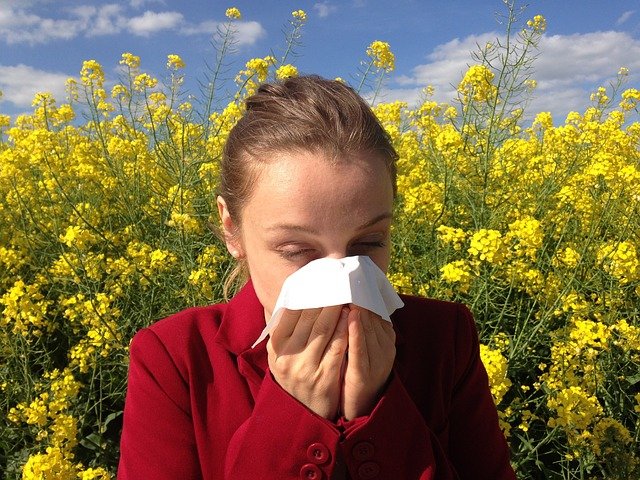With the onset of the spring and summer months come swimming pools, bicycle rides, and for the majority of young adults, allergies such as allergic rhinitis, more commonly known as hay fever.
Causes of Hay Fever
Particles such as dust, pollen, and animal dander cause nasal and sinus problems when inhaled, starting in one’s early childhood. Such allergens are one of two causes of hay fever; the second stems from genetics and family history.
By and large, most children are born without allergies. Allergies typically occur due to frequent exposure to allergens, the most common being food. Statistics show that instances of hay fever have dramatically increased over the past 10 years, with twice as many males becoming infected before adolescence, and more females becoming infected following adolescence.
Symptoms
 Symptoms include itchy eyes and nose, sneezing, congestion, and a runny nose. The more frequently a patient exposes himself or herself to allergens, the worse the condition can become.
Symptoms include itchy eyes and nose, sneezing, congestion, and a runny nose. The more frequently a patient exposes himself or herself to allergens, the worse the condition can become.
Combined with exposure to allergens, inflammation in the upper respiratory system causes nasal obstruction. This condition produces its own ill-effects such as snoring, sleep apnea, and difficulty breathing through the nose, among others.
When to See Your ENT Doctor
Patients experiencing symptoms for greater than two weeks should visit their physician. During the visit, the physician will ask about the child in great detail with questions pertaining to the home environment and family history.
Based on the results from these questions and examinations of the eyes, nose, ears, and throat, the doctor will attempt to link the symptoms with allergens. In most cases, emergency treatment is not necessary except in cases of anaphylactic reactions to food allergens or serious cases of sleep apnea.
Hay Fever Management & Treatment
Should the child’s history coupled with the exams point to hay fever, the doctor will order an allergy test. For treatment, the patient should avoid the allergens that triggered the condition, which will be revealed by the doctor and/or allergy screening test. Depending on the level of hay fever experienced, treatment methods such as nasal sprays and other antihistamines may be prescribed.

